
An upcoming court battle will challenge the use of polygraphs in the South African workplace. Papers filed in the Labour Court in October 2019 will contest the assumed lack of legislation that protects workers against the use of polygraph tests, as well as its possible contravention of the Employment Act and the Constitution.
If the Labour Court rules in favour of the General Industrial Workers Union of South Africa (Giwusa), the outcome will change the practice of polygraph and Voice Stress Analyses testing in the country. It may also lead to a significant number of cases related to perceived unfair dismissal, and failed pre-employment tests, being referred to the CCMA and Labour Court.
The matter, brought by Giwusa, relates to the dismissal of three warehouse workers at the Silveray Stationery Company in Heriotdale, Johannesburg. According to Giwusa, in early 2018 the workers were instructed by senior managers at Silveray to undergo lie-detector tests. When they refused, they were dismissed for being insubordinate and for breaching their employment contracts which state that workers agree to submit to polygraph testing.
WHY USE A POLYGRAPH?
Polygraph results are widely used in labour disputes and disciplinary enquiries, but they are not intended to provide irrefutable evidence to a court of law. The polygraph is an investigative tool and results should be used primarily to assist investigators in narrowing inquiries by identifying suspects and collecting relevant information. Polygraph results should therefore be submitted to a court only when they can corroborate other admissible evidence and assist the court in reaching a verdict.
The acceptance of polygraph examination results depends largely on the credibility and qualification of the examiner and how they conducted the examination.
WHEN IS THE EMPLOYER PERMITTED TO USE A POLYGRAPH?
According to the South African Labour Guide, employers are permitted to use the polygraph to investigate specific incidents where:
- Employees had access to the property, which is the subject of the investigation.
- There is a reasonable suspicion that the employee was involved in the incident.
- There has been economic loss or injury to the employer's business, such as theft of company property.
- The employer is combating dishonesty in positions of trust.
- The employer is combating serious alcohol, illegal drugs or narcotics abuse and fraudulent behaviour within the company.
- The employer is combating deliberate falsification of documents and dishonesty regarding the true identity of the people involved.
- Pre-employment screening polygraph tests are done to assess the risk of candidates in terms of their past and current involvement in criminal activity, the use of illegal narcotics and dishonesty in their past work environment.
Polygraph testing is also widely used for criminal cases such as theft, fraud, assault and marital infidelity or child abuse, to name but a few.
POLYGRAPH TESTS AND THE LAW IN SOUTH AFRICA
In South Africa there is no legislation regulating the use of the polygraph, which means nothing is prohibiting or preventing the submission of polygraph results to corroborate other evidence.
Where a person consents to a polygraph, it cannot be seen as being in contradiction of the Constitution. Proper polygraph procedures are regarded as complying with the contents of the Constitution and the Labour Relations Act and actively promote fair labour practices and respect for the human rights of the examinee because it allows the person an opportunity to be heard and to prove their innocence. The following decisions support the above assertions:
In the case of FAWU obo Kapesi & others v Premier Foods Ltd t/a Blue Ribbon Salt River (2010) 19 (LC), the Labour Court considered the weight a court must attach to polygraph results. The court accepted from the onset that polygraph testing, although frequently used in the context of workplace discipline, is by no means uncontroversial. It found that a polygraph on its own can never be conclusive proof of the guilt of an employee, but could at best be used as part of the investigation process to determine whether or not a further investigation into the conduct of a particular individual is warranted.
This view is supported by the decision in Truworths Ltd v CCMA and Others (2008) JOL 22565 (LC), in which it was held that the Commissioner cannot disregard polygraph evidence but has the discretion to determine the weight of the evidence. When Polygraph evidence is uncorroborated, the evidence shall bear little weight.
In Amalgamated Pharmaceuticals Ltd v Grobler NO and others (2004) 13 LC 1.11.3 the court confirmed the principle that, in practice, a polygraph does not serve to prove that someone is actually lying but is merely an indication of deception. The sole reliance by the employer on unspecific polygraph results is insufficient to prove that the dismissal was fair.
For these reasons, a polygraph cannot be used to determine the guilt of an employee on its own, it is merely an indication of deception. A polygraph may, however, be taken into consideration where other supporting evidence is available, provided there is clear evidence on the qualifications of the polygraphist and that it is clear from the evidence that the test was done according to acceptable and recognisable standards.
CAN ONE BE COMPELLED TO UNDERGO A POLYGRAPH TEST?
It is against the Constitution of South Africa to compel a person to undergo a polygraph examination unless he/she consents to it in writing. The mere fact that an employee refuses to undergo a polygraph is not in itself sufficient to substantiate an employee’s guilt.
IMPLICATIONS FOR EMPLOYERS
Does this mean that an employer should not use polygraph testing? No, it does not, however there are some strict rules of fairness relating to polygraph tests that need to be adhered to by the polygraphist and the employer. If they are not, test results will be found to be unreliable, unfairly applied and largely useless in the CCMA or the Labour Court. In essence, to comply with the test of fairness, the Labour Court held that the test or assessment used would need to be shown to be:
- Scientifically valid and reliable.
- Capable of being fairly applied to employees.
- Unbiased against any employee or group.
During court and CCMA processes, polygraphists have been accepted as expert witnesses whose evidence needs to be tested for reliability. Therefore, the polygraphist should be called to testify as an expert witness in the disciplinary hearing or the CCMA case.
Kobus Laas
Leon Olivier
Senior polygraphists with more than 50 years combined experience
Principal consultants to Thorburn Specialised Services
















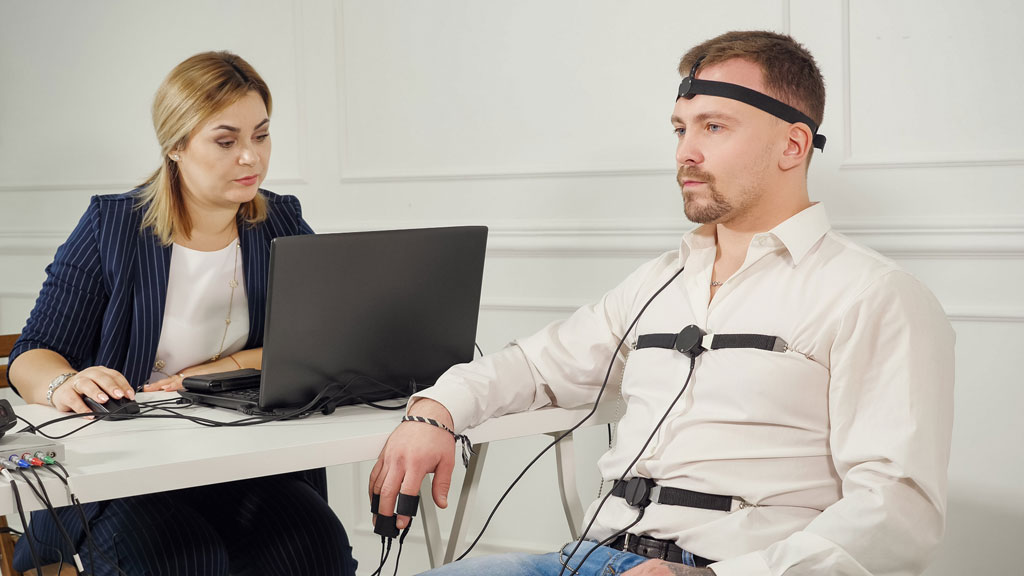








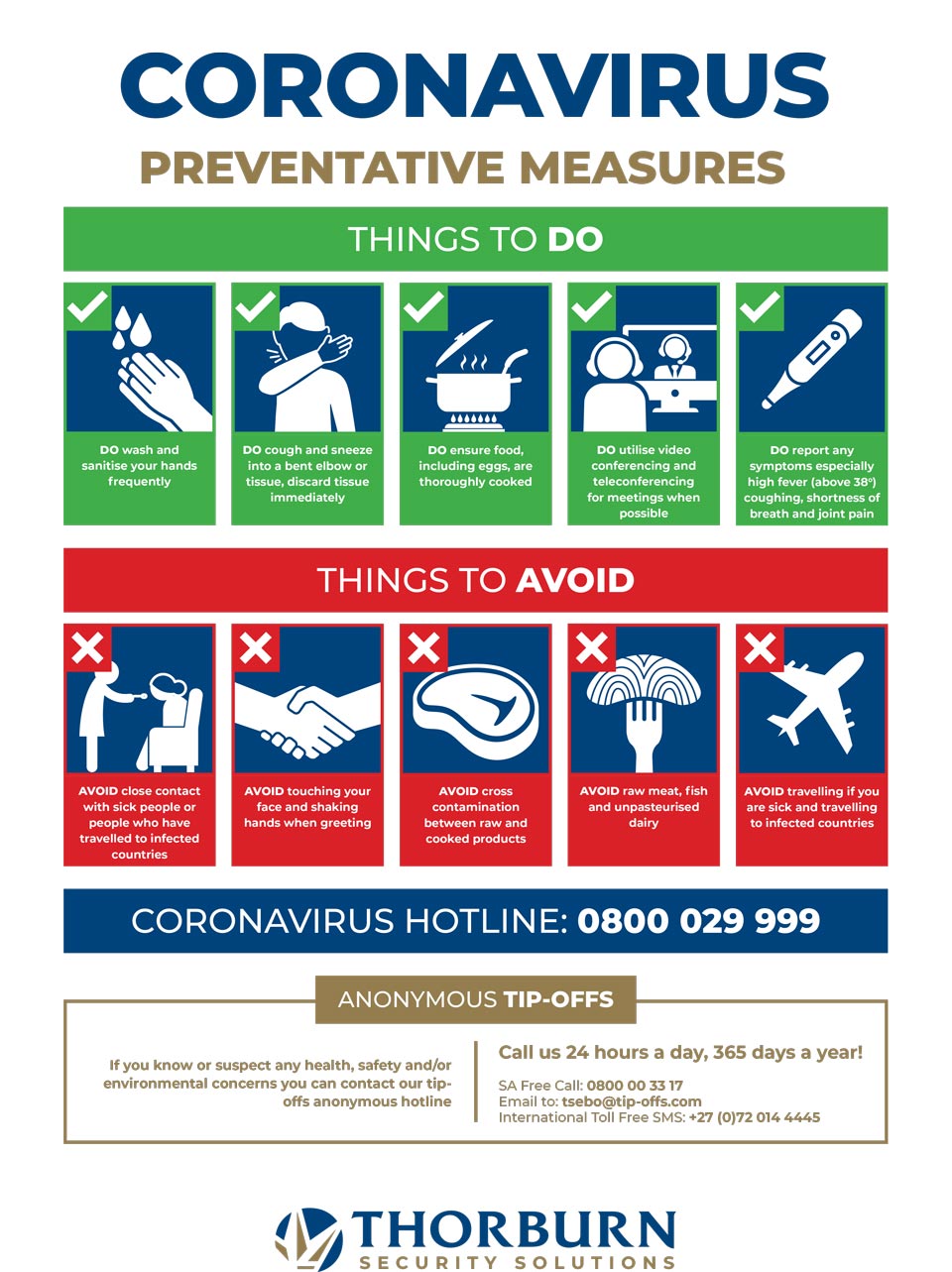


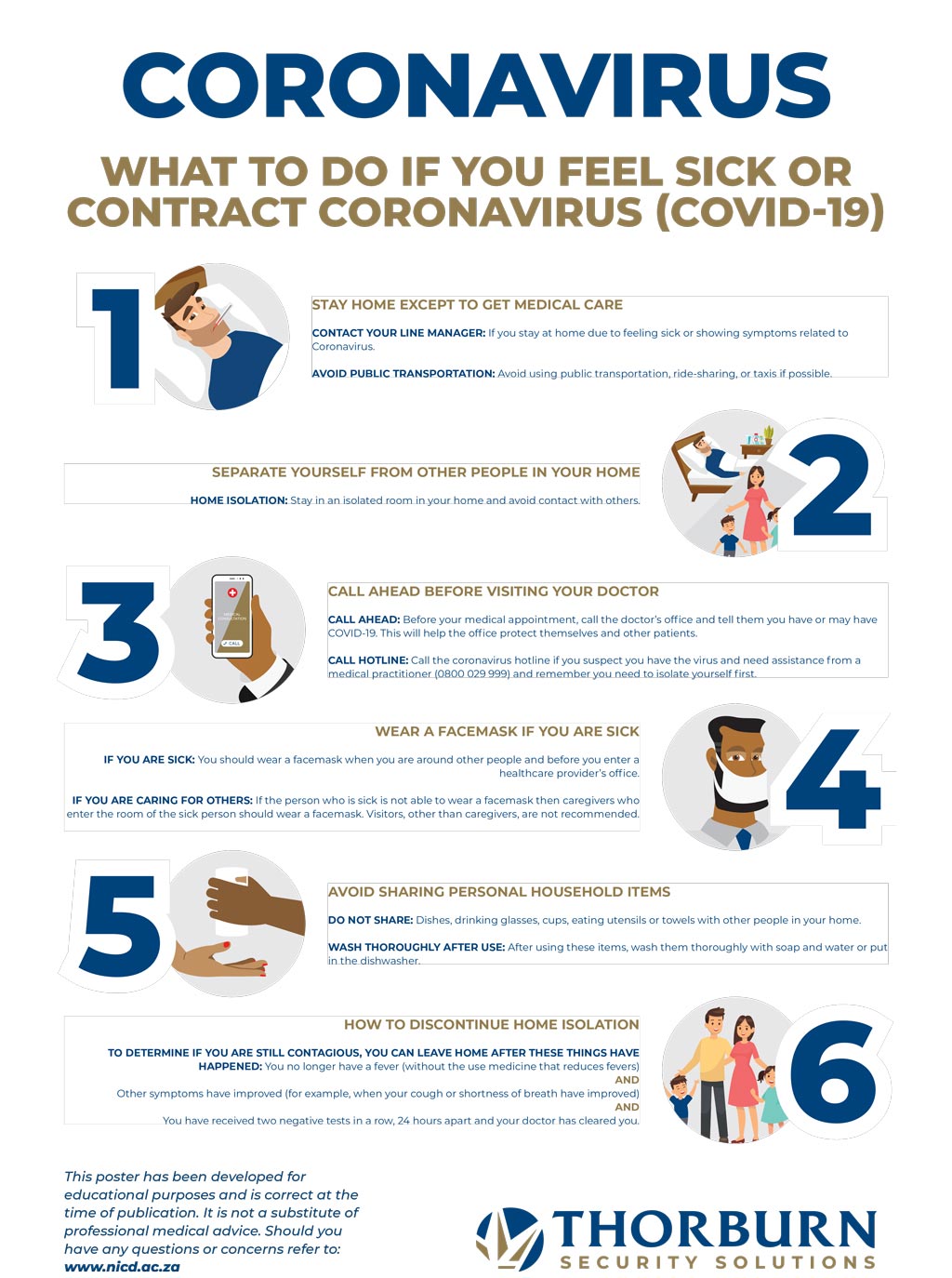

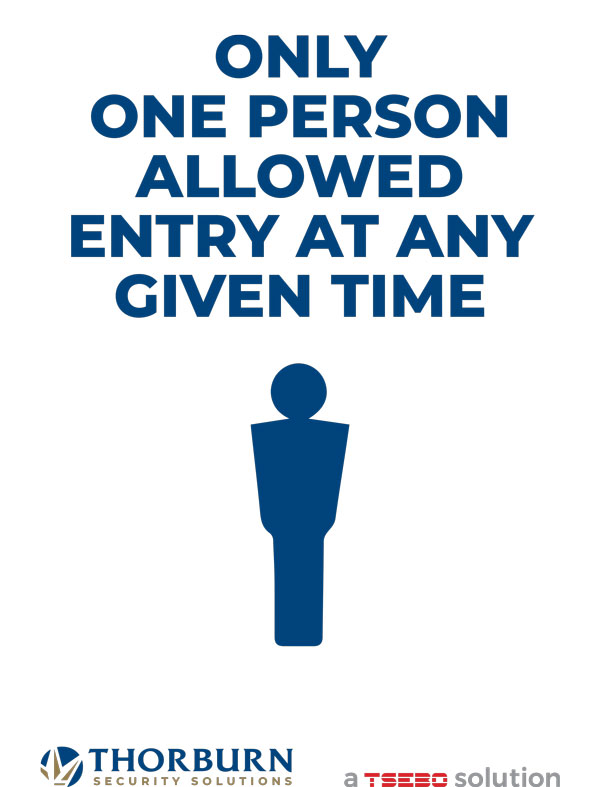



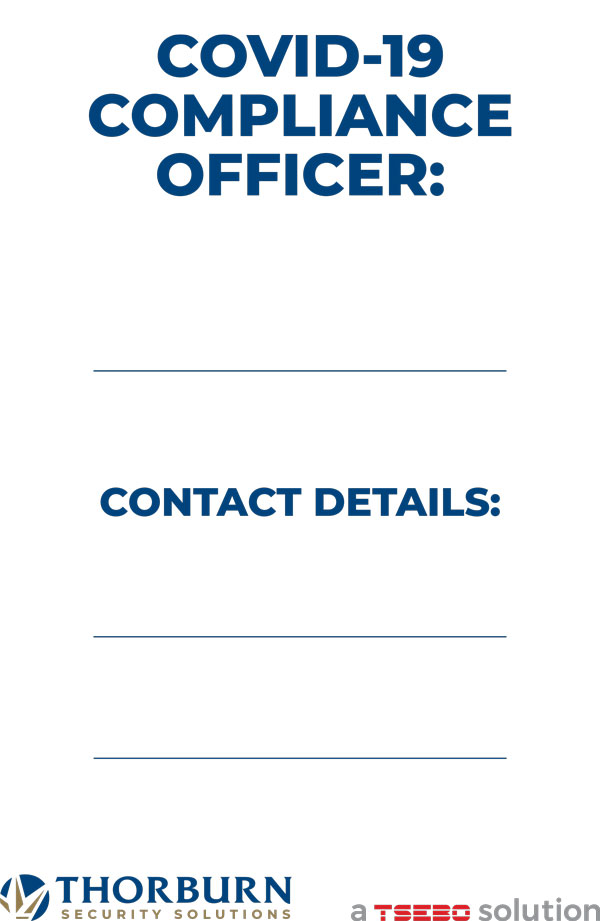

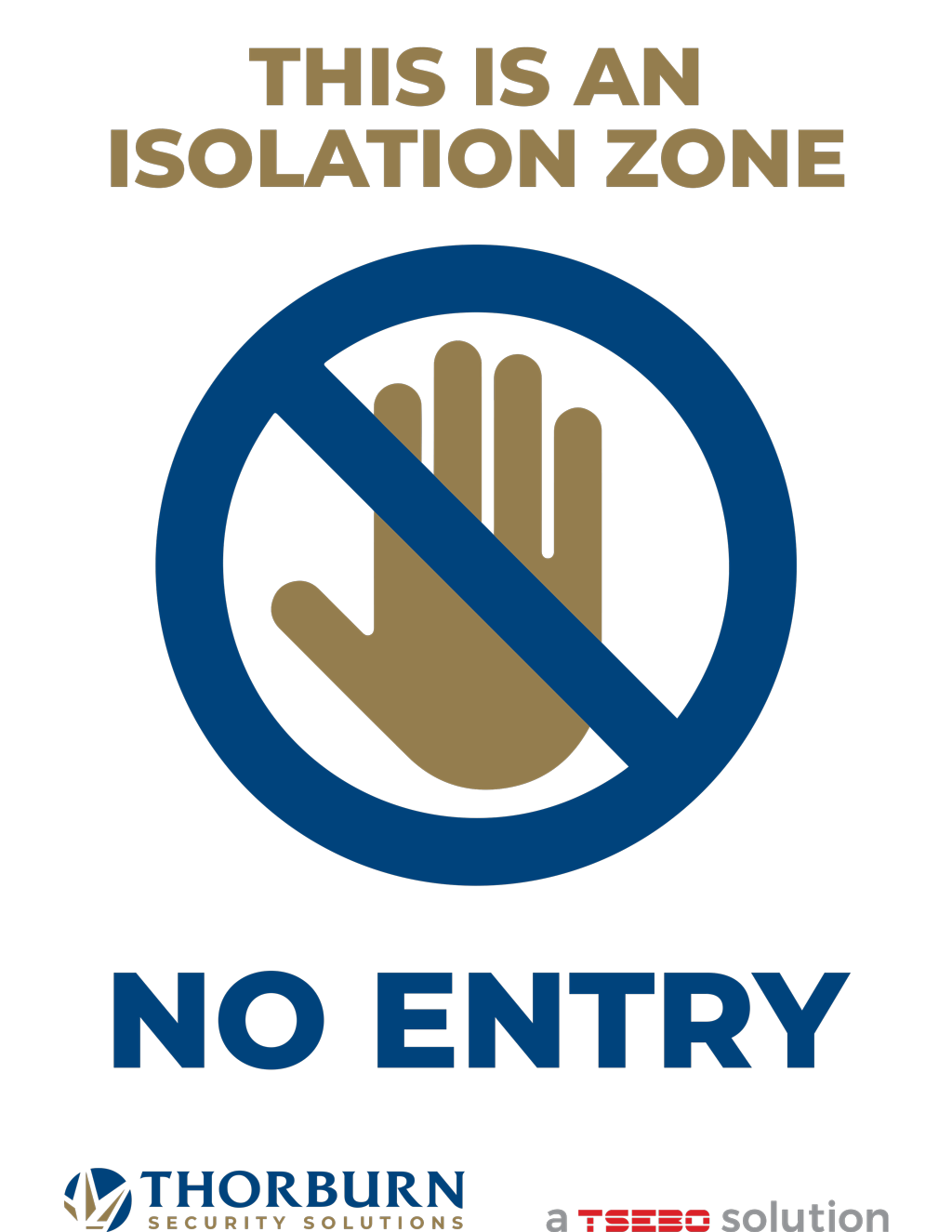

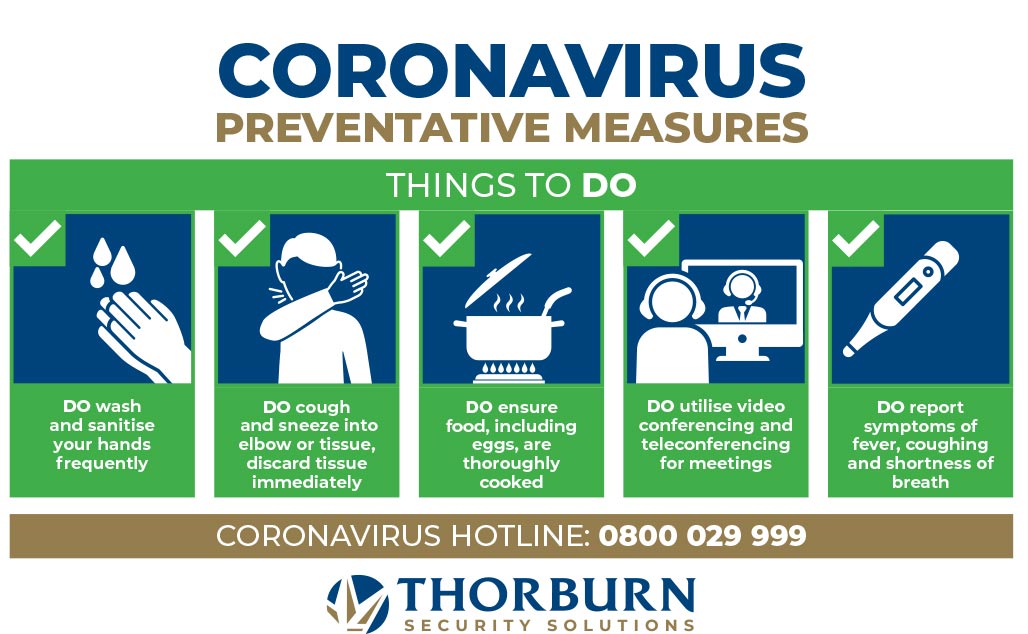






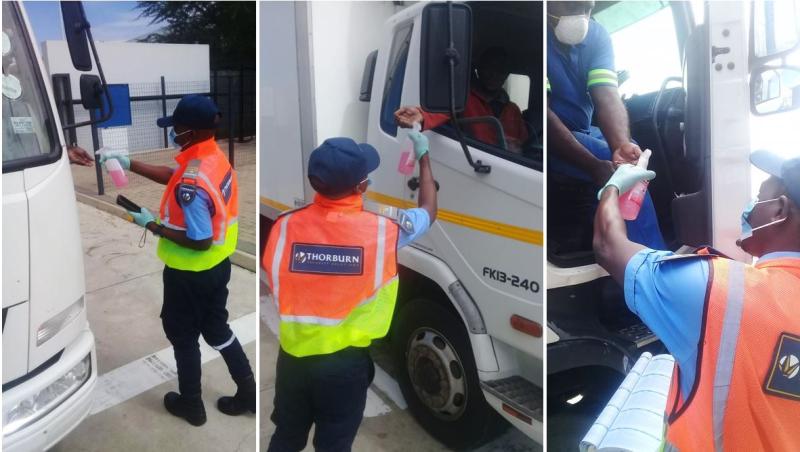
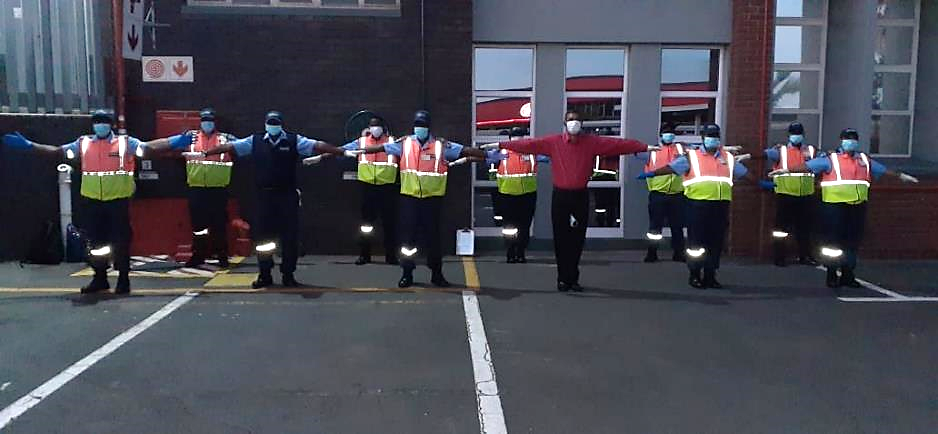
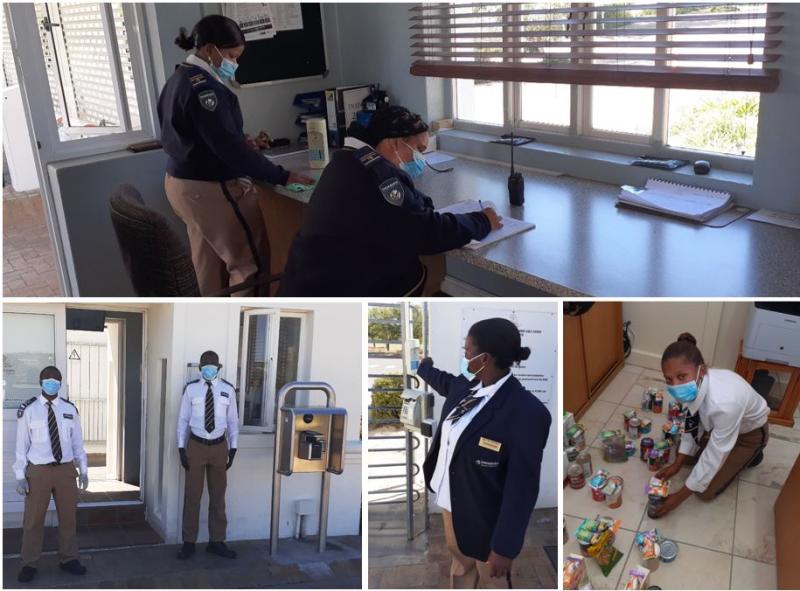








“On behalf of Hisense we would just like to thank you and your team for the extremely professional manner in which you have acted and conducted yourselves during our strike in Atlantis. You and your team have endeavoured to accommodate all our requests and needs during this period including additional assistance and meetings that was not entirely part of your scope and agreement and was highly appreciated.”
BAXTER THEATRE CENTRE
“I would like to compliment your guys for a job well done during the Rolex event at Baxter Theatre Centre. Thumbs up for them and keep up the good work.”
RELATE
“I have to just say that the two guards that we were allocated to us were absolutely phenomenal.
Their awareness, attention to detail, engagement and absolute professionalism blew us away. I can only take hats off to them both and thank them for taking such good care of us all.”
FES BRAND MARKETING“Please extend my heartfelt gratitude for excellent service on the part of your Thorburn team.”